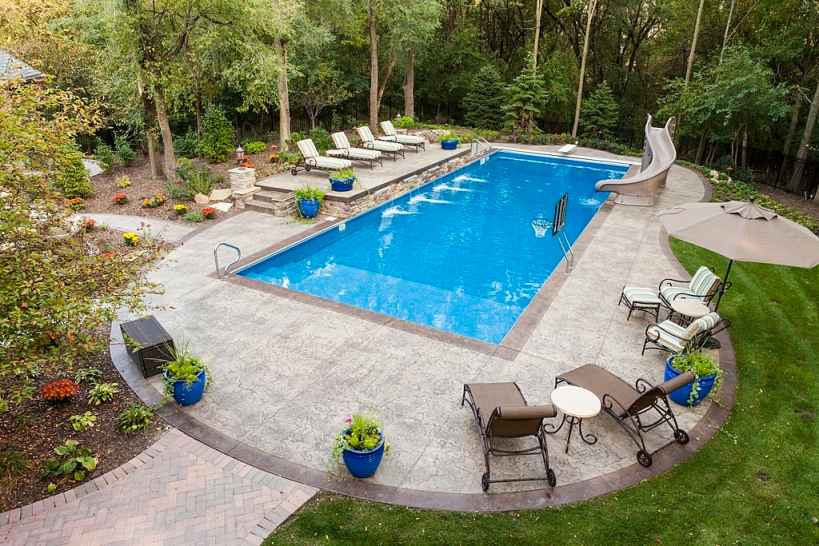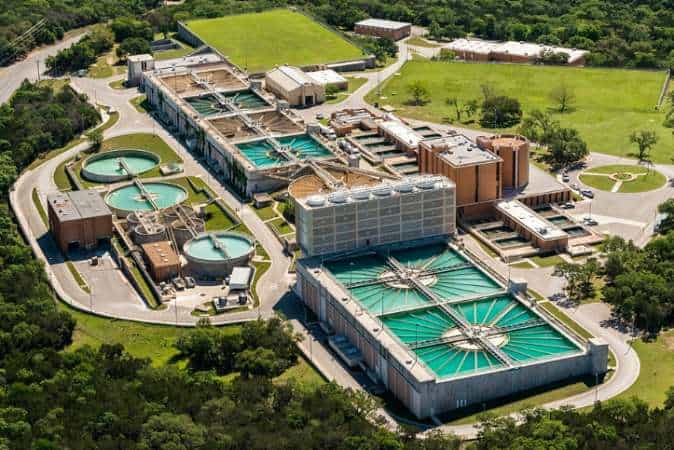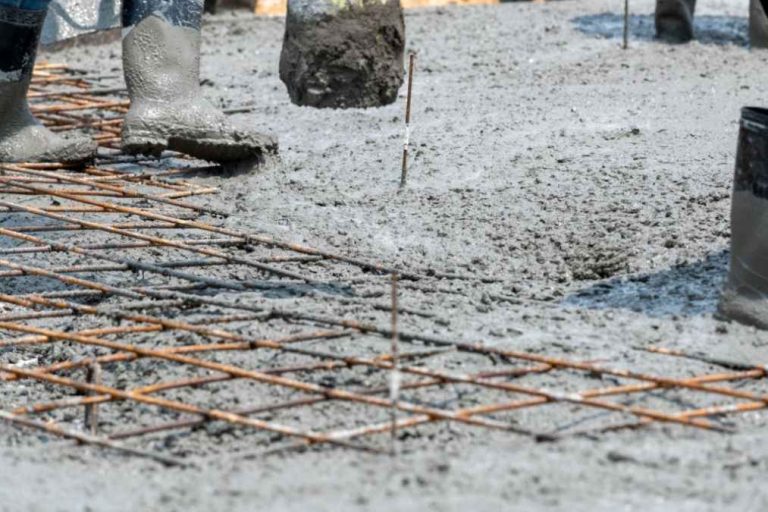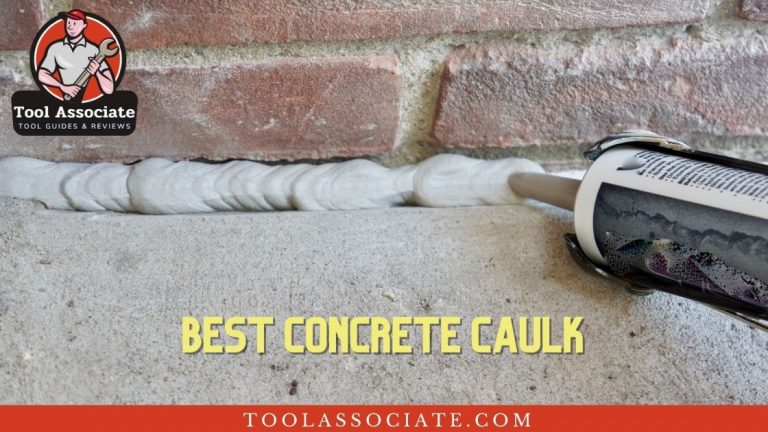Do you have a concrete pool and want to know if that can be left empty or not? Then read below to know the answer!
How long can I leave my concrete pool empty? Concrete pools shouldn’t be kept empty for more than 15 minutes. It’s recommended that you fill the pool as soon as the work is done for which you had to empty it.

Let’s know about these types of topics more deeply!
How To Stain Pool Concrete?
Who doesn’t want a beautiful pool that’ll remind them of the blue beach? If your pool is made of concrete, it only comes with a boring greyish shade. But don’t worry about it! Because you can easily stain that pool with the color of your choice by following some simple steps!
How to stain pool concrete? A concrete pool can be stained following a few steps like prepping the pool, applying the suitable stain and the sealer, and finally letting it cure. These steps should be followed with caution so that any sort of damage doesn’t occur.
Let’s discuss the process step by step down below-
Step 1- Prepare The Pool:
Remove debris or similar particles from around the pool. Then using a cleaning agent like TSP, mop the pool and then rinse it with water.
Be cautious about your surroundings and yourself whenever you’re using chemicals for the cleaning process.
Step 2- Apply The Stain:
Now it’s time to apply the concrete stain of your choice. Make sure to cover the surroundings during the entire staining process.
Using a plastic sprayer, apply the stain on the concrete and scrub the stain with a bristle brush. Now let it set for the time period as per instruction. Then, apply a second coat but don’t scrub this time.
Step 3- Seal The Stain:
After applying the stain, let it dry for a night. The next day, you need to seal the stain.
Apply the concrete sealer of your choice over the stain using a nap roller. Let it cure for 2 days and then you’re good to go!
This might make you want to know about concrete stain you can use for your pool. Read it as soon as possible.
How To Find Water Lines In Concrete?
Do you feel like there’s a leaked water line underneath your concrete surface but unsure of the assumption? Or, do you want to know how to find out about such water lines in concrete? Then worry no more because we’ve brought to you all the necessary information that will suffice your query!
How to find water lines in concrete? By following simple steps like locating water pipes and checking the water meter, you can find water lines in the concrete. Besides, noticing common signs of pipe leaks like hearing the sound of water and the growth of mold on the surface will help you to find water lines under the concrete.
Let’s learn the process step by step here-
Step 1- Noticing Common Signs Of Pipe Leakage:
Water lines in concrete can be detected by noticing some simple signs. These include hearing the sound of water even after your faucet is off.
Again, if you notice the growth of mold on a certain surface, it may be a sign that there’s a leaked water line underneath the concrete.
Step 2- Locating The Water Pipes:
After locating the plumbing system of your house, turn off the main water supply system. This will help you to find any water lines in the concrete.
Note that this step should be followed only during emergencies or repairing pipes.
Step 3- Checking The Water Meter:
Checking the water meter of your house will help you to find the water lines in the concrete. You can do so by yourself!
For this, first turn off the main water supply source to your house and then note down the reading on the water meter. After 10 minutes, check that again. If a difference occurs, it means there’s a pipe leakage.
How Long Does It Take To Build a Concrete Pool?
Are you planning on constructing a concrete pool but don’t know how long it’ll take? Worry no more, because we’ve brought to you the answer to your query!
How long does it take to build a concrete pool? Usually, it can take 3 to 6 months to build a concrete pool. But an average or short-sized pool can be constructed within 8 to 12 weeks.
Wrapping Up
This article on how long can i leave my concrete pool empty covered some common and important questions regarding concrete pools. It’s always best to know about these facts if you plan on doing DIY projects.
We wish you all the best in your future projects and hope that this article will come in handy at that time.






